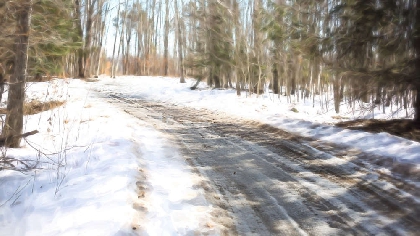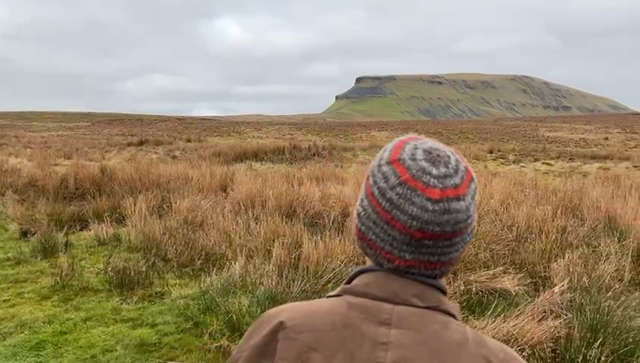
From North Yorkshire Fire and Rescue
Before you travel
- Allow extra time for your journey
- Check ahead for any road closures or delays – the Traffic England website is an excellent way to do this
- Pack warm clothing and, if you have one, a sleeping bag and torch, in case you become stranded. A flask with a hot drink, some water and snack are also a good idea.
- Keep your phone charged and carry a fully charged batter pack
- Ensure you fully remove any snow or ice from your vehicle
- Check your wipers and switch off any auto wiper control before turning on the ignition
- Check your tyres for adequate tread – poor tyres will not grip when driving on snow and ice
- Wear comfortable, dry and suitable footwear – be prepared for leaving the vehicle quickly
- Pack sunglasses as these can reduce the glare of low winter sun on the snow
- We also recommend downloading the What3Words location app
When driving and travelling during periods of snow and ice
- Accelerate gently, use low revs and change up to a higher gear as quickly as possible
- Move off in second gear as this will help reduce wheel slip
- Maintain a safe stopping distance from the vehicle in front, leaving as much as 10 times the normal recommended gap
- If travelling uphill, use a low gear and avoid braking unless necessary, make sure you leave plenty of room between you and the car in front
- When approaching a bend, break before you start to turn the steering wheel. If your car does lose grip try to stay calm, take your foot off the accelerator and make sure your wheels are pointing in the direction you want to go in
- If you do skid, steer gently into it – keep your hands on the steering wheel and do not stamp your foot on the brake
- When driving in heavy snow, make sure you use your dipped headlights. Don’t rely on daytime running lights as they do not always put your rear lights on
- If visibility drops below 100m, use your fog lights – but remember to turn them off when the visibility improves
- If the road has not been gritted, take extra care when driving in the wheel tracks of other vehicles as compressed snow is likely to be my icy than fresh snow
- Those who live or work in areas which are prone to high snowfall may benefit from purchasing winter tyres, snow chains or snow socks
There is likely to be disruption to other modes of transport such as air, rail and boat so it is worth checking ahead before you begin your journey
If you are walking near or crossing roads, please be aware road users may not be able to stop as quickly as usual and their visibility may be reduced.


 Ex-National Park head and son pay tribute to Pennine Way in song
Ex-National Park head and son pay tribute to Pennine Way in song
 A PRESSING engagement at Gallery on the Green
A PRESSING engagement at Gallery on the Green
 New Exhibition to Explore Power Dynamics in Art Photography
New Exhibition to Explore Power Dynamics in Art Photography
 Settle Pebbles - a new book by Mike Harding
Settle Pebbles - a new book by Mike Harding
 The Girl from the Tanner’s Yard - a new novel by local author Diane Allen
The Girl from the Tanner’s Yard - a new novel by local author Diane Allen